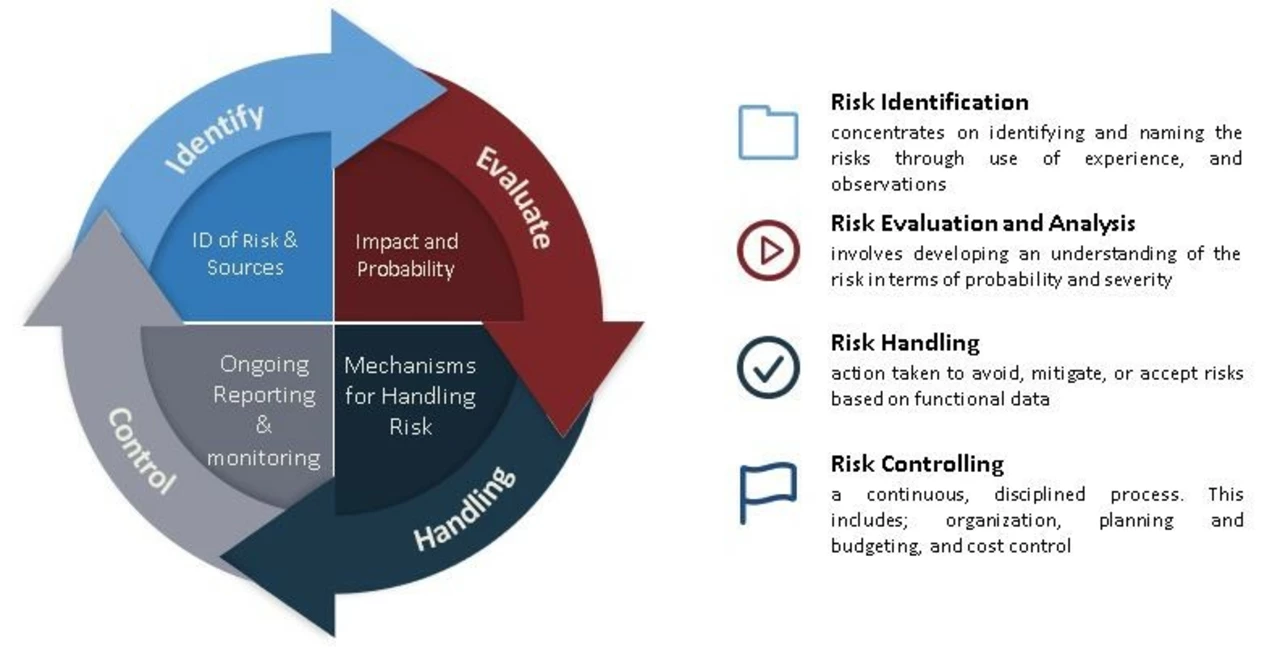Management: Practical Ways to Manage Medications, Conditions & Orders
Managing medicines and long-term conditions feels messy. You worry about side effects, dosing, costs, and whether that online pharmacy is legit. This page groups practical advice from RXConnected so you can make smarter choices today—no jargon, just steps you can use.
Medication management basics
Start simple: keep a single, up-to-date list of every drug you take—prescription, OTC, and supplements. Note dose, time, and why you take it. Share that list with any new doctor or pharmacist. A clear list prevents dangerous interactions and duplicate therapy (for example, using two pain meds that both thin the blood).
Set routines. Tie meds to daily habits—take morning pills with breakfast, night meds with your toothbrush. Use a weekly pillbox or phone alarms. If you miss a dose, check the drug info or our article guides (like Ventolin and Plavix) instead of guessing. Small routines stop big mistakes.
Watch for common red flags: sudden bruising, unexpected bleeding, new shortness of breath, extreme drowsiness, or a rash. Those often mean stop and call your provider. For pain meds and NSAID alternatives, read up on safer options and when to switch—our meloxicam and Vibramycin alternative posts give concrete comparisons.
Buying, costs, and supplements
Want to save money without risking safety? Compare prices and check for generics first—generic alternatives often work the same but cost less. Use verified price-comparison tools and discount services (see our picks for RxAssist alternatives and Canada Drugs Direct alternatives). Don’t chase rock-bottom prices from unknown vendors; read reviews, check pharmacy registration, and consider customs rules if ordering from abroad (our cross-border drug purchasing guide explains what to watch for).
Supplements can help, but they also interact with meds. Tell your doctor about herbal products like rose geranium oil, black mulberry, or lentinan before starting them. Look for human studies, consistent dosing advice, and clear product labels. If a supplement promises dramatic cures, be skeptical—more often it adds cost, not benefit.
Practical checks you can do today: 1) Make that single medication list, 2) set reminders and refill alerts, 3) ask for the generic name at the pharmacy, and 4) verify online pharmacies with a quick search of reviews and registration. If you’re dealing with chronic conditions, join a support group—DVT and heart patients often report that peer tips make daily management easier.
If you want targeted reading, start with our guides on acetaminophen safety, Plavix use, and the cost breakdowns for ED meds. Each article gives clear next steps you can act on—no fluff, just what matters for staying safe and saving money.
Need more help? Use the contact page to ask specific questions about managing your meds or finding reliable online pharmacies. We aim to make medication management less confusing and more doable for real people.
Understanding the potential for apixaban overdose and its management

As a copywriter, I've recently delved into the topic of apixaban overdose and its management. Apixaban, an anticoagulant medication, has the potential for overdose which can lead to serious bleeding complications. To manage this, it's crucial to closely monitor dosage and maintain open communication with healthcare providers. In cases of severe bleeding, medical professionals may administer specific reversal agents to counteract the effects of apixaban. It's important for both patients and healthcare providers to understand the potential risks and management strategies related to apixaban overdose.
